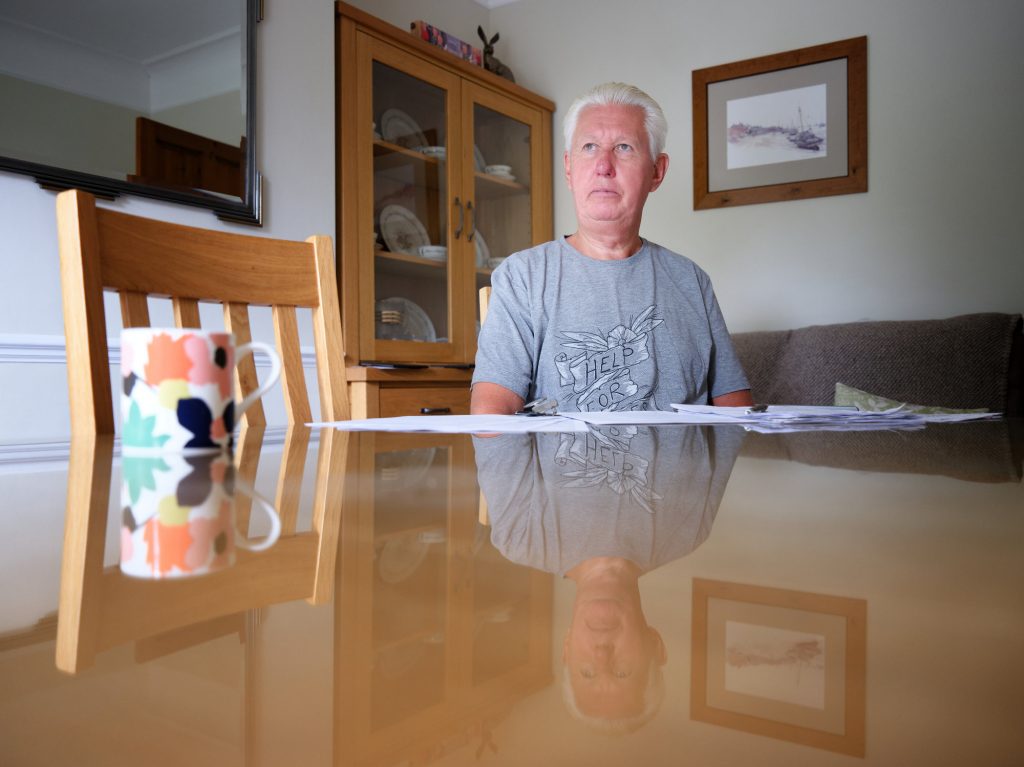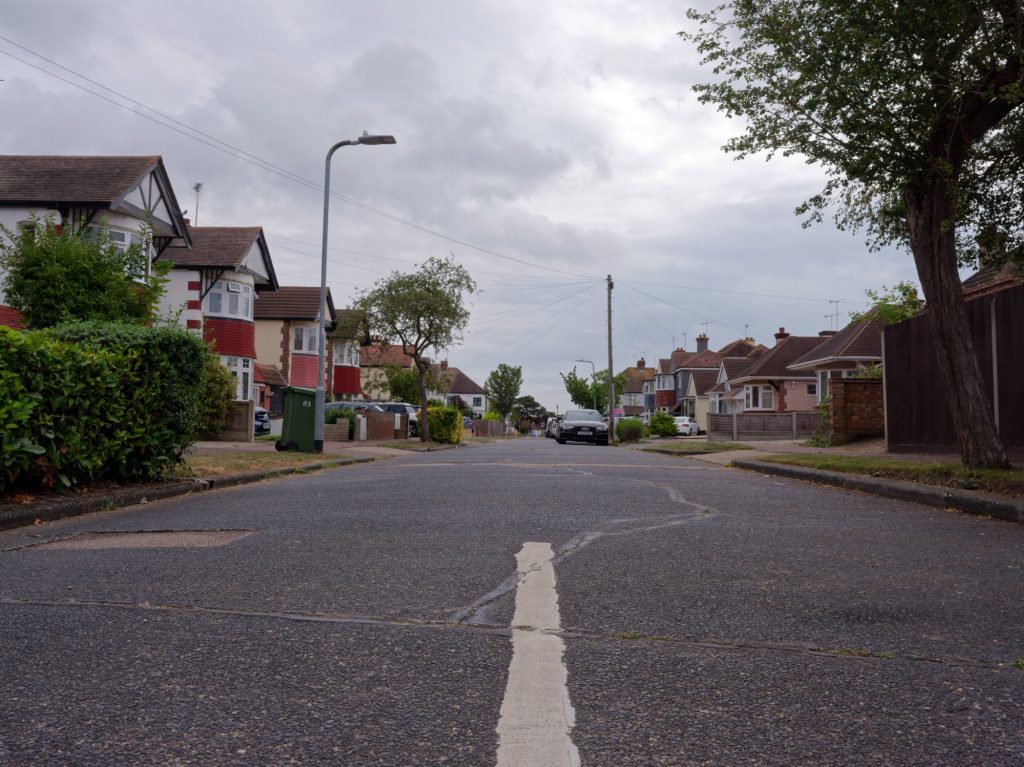The leafy street in Leigh-on-Sea that 80 sham firms call home
If you believed the paperwork, Henry Drive in Leigh-on-Sea, Essex, would be a thriving business metropolis specialising in the wholesale clothing market with entrepreneurs from across Europe choosing this leafy Essex street as their operations base.
But the paperwork cannot be trusted. In the past four months at least 80 bogus companies have been registered to properties on the street – 14 of them in the past week.
Each business purports to be involved in selling clothes and has a single company officer invariably described as an “entrepreneur” who lives in either Italy, Georgia, Germany, France or Morocco.
The addresses given for these “entrepreneurs” are sometimes real, sometimes just a general street name or unlikely dwellings, such as an empty building lot in Morocco or a religious meeting hall in rural France.
Financial crime experts say the mass registering of these firms is probably the work of criminal gangs using sham companies for money laundering or to obtain bank loans before shutting them down.
Companies House, which charges £12 a pop for an internet business incorporation, says under the current laws, if company paperwork is properly filed, signed and the registration fee paid, it has to be registered.

For people like Ian Ross and his wife Tess, who have had six fake companies registered to their home in the past few weeks, the situation is disturbing and frustrating in equal measure.
The first they knew of the issue was when a letter came through the door from Companies House addressed to a business they knew nothing about. Mail from HM Revenue and Customs followed with an activation code for corporation tax and a company unique taxpayer reference number.
When a business is incorporated with Companies House it is automatically registered for corporation tax with HMRC, which leads to the letters described by Mr Ross being sent.
“None of these businesses have anything to do with me,” he says. “The first one was set up at the beginning of June, the latest one was set up two days ago.”
Far from being a cosmopolitan titan in the clothing sector, Henry Drive is “just a quiet residential street”, Mr Ross says.
“In the one post code we are in, we now have 80 businesses registered – it would be like a clothing alley if it was true.
“It has got more worrying the more letters we got because it shows the system is out of control.
“They just seem to be coming out on the Companies House website which many people assume means they (the businesses) are real.
“It is getting complicated and it is taking up quite a lot of my time.”

One of the main questions people affected ask is why anybody would want to register a fake business using the address of an innocent stranger.
Financial crime expert Graham Barrow says such businesses are most likely part of a criminal network whose objective is to make money.
“I call these burner companies,” he says, “because just like burner phones that you use and then throw away, so too these companies are used and discarded – they are only ever going to have a short life.”
The idea behind such companies, he said, was either to launder money or to use the companies to obtain a bank account to take out loans.
He said the Henry Drive case was far from unique, with similar bogus businesses being set up in various locations across the country.

Mr Barrow, who runs The Dark Money Files, said: “This is highly likely to be an organised crime group.
“And, if so, it is multi-million pound stuff. It is just scary.
“There is a very significant problem with scam companies being set up and abusing the financial system.”
He urged those affected not to ignore the issue but to fill out the necessary forms to get their addresses removed.
“It is really important they file the paperwork to get their addresses removed,” he says.
Kit Akister initially thought the letter from Companies House was junk mail.
A neighbour then told him it was a scam affecting numerous addresses in their street.
“I want to know why you can register a business without proving anything yet I have got to prove I am the legitimate owner of this property to get my address removed.
“It is totally ludicrous and I cannot understand why the government allows this.
“I phoned Companies House about this and they said they had a backlog of these cases and said it was throughout the UK,” he says.
Rosalind Miller returned the first letter from Companies House believing it had been wrongly addressed.
“After that we were receiving two or three letters a week and then they started coming from the Inland Revenue as well, which were for the same companies named by Companies House.
“My concern was if we started getting people knocking on the door demanding money,” she says.
“You do start worrying there’s going to be some kind of financial comeback on you. It is a bit of a worry really wondering what is behind all of this.”
An HMRC spokesperson said: “Anyone receiving correspondence to their address from HMRC for a business that they are not aware of should contact us immediately.”
A Companies House spokesperson said: “We are sorry to hear about the difficulties these individuals are experiencing and will take action where the law allows.
“The government is bringing forth measures to reform Companies House in the Economic Crime and Corporate Transparency Bill.
“Once in force, the bill will significantly enhance the role and powers of the Registrar of Companies, so she can become a more active gatekeeper over company registrations – including by cracking down on the use of false addresses.”

